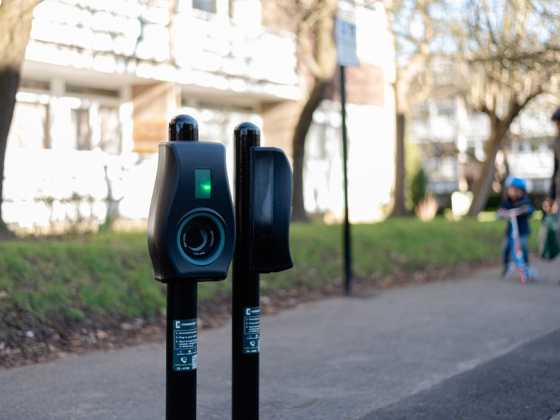Environmental Audit Committee calls for VED to take NO2 into account
Ahead of the Autumn Spending Review, the Environmental Audit Committee has called for Vehicle Excise Duty (VED) to be rebalanced to tackle NO2 emissions.
In response to the Department for Environment, Food and Rural Affairs (Defra) draft plans to improve air quality, the Environmental Audit Committee claimed that more should be done to reduce harmful NO2 emissions and discourage diesel.
In its current form VED takes into account CO2 emissions but does not penalise some diesel vehicles with high NO2 emissions, which have harmful effects on air quality.
The Environmental Audit Committee also welcomed plans to retrofit older, more polluting buses, but suggested these schemes should be expanded to allow diesel vehicle owners to retrofit their engines. In addition to this, the Committee suggested that a national vehicle scrappage scheme could prove a useful incentive for diesel drivers to pollute less.
Huw Irranca-Davies, Committee Chair, said: "Tens of thousands of premature deaths are being caused in the UK every year by illegal levels of air pollution on our roads. Despite mounting evidence of the damage diesel fumes do to human health, changes to Vehicle Excise Duty announced in this year’s Budget maintains the focus only on CO2 emissions. This was a missed opportunity to also incentivise vehicles which emit less NO2.
“The Chancellor has the chance to strike a better balance on this next week. The Treasury must use Vehicle Excise Duty to create long-term incentives for drivers to buy cleaner hybrid and electric cars that minimise both CO2 and harmful pollutants. Introducing a national diesel scrappage scheme could also provide a short-cut to cleaning up the air in our cities."



